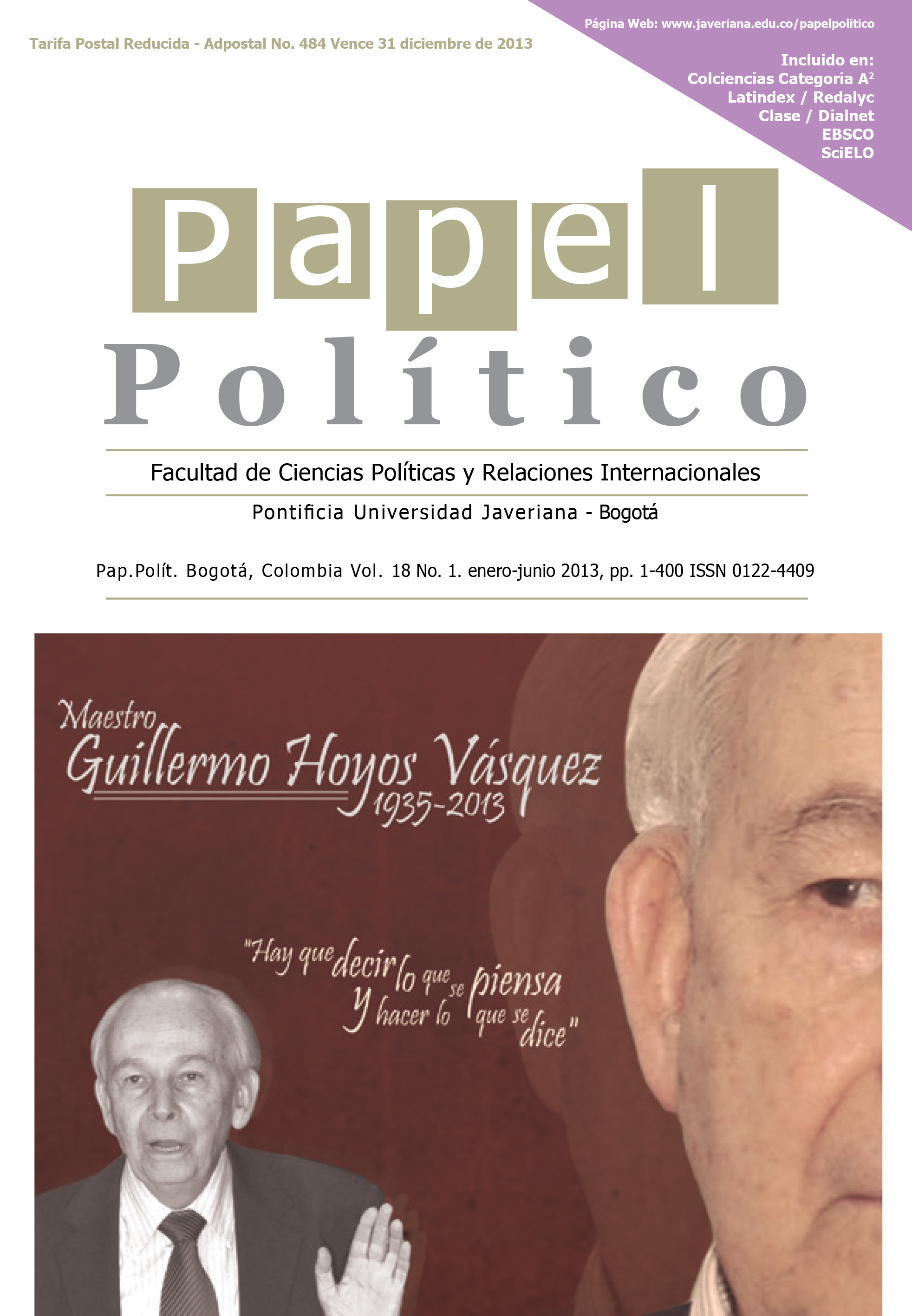Abstract
In order to learn about the particular situation of women in the Cauca province in the framework of the implementation of the Policy of Democratic Security, it became indispensable to analyze the evolution of the human rights of women in the period 2000 to 2009, keeping in mind such aspects as sexual violence, intra-family violence, homicides and femicides, social control, and political violence. It was also necessary to examine the situation of women in terms of access to justice and the effects of the increased presence of the armed forces in the entire province on their daily activities and lives, in the context of the process of recovery of territorial control by the State, in place since 2002.
Determining the impact of the Policy of Democratic Security on the lives, integrity and wellbeing of the women in the Cauca province forced us to review and analyze in a gender perspective the objectives of the policy and the efficacy and legitimacy of the strategies used, and to ascertain the extent to which this policy fostered a context that would guarantee human rights and the protection of women.
This journal is registered under a Creative Commons Attribution 4.0 International Public License. Thus, this work may be reproduced, distributed, and publicly shared in digital format, as long as the names of the authors and Pontificia Universidad Javeriana are acknowledged. Others are allowed to quote, adapt, transform, auto-archive, republish, and create based on this material, for any purpose (even commercial ones), provided the authorship is duly acknowledged, a link to the original work is provided, and it is specified if changes have been made. Pontificia Universidad Javeriana does not hold the rights of published works and the authors are solely responsible for the contents of their works; they keep the moral, intellectual, privacy, and publicity rights.
Approving the intervention of the work (review, copy-editing, translation, layout) and the following outreach, are granted through an use license and not through an assignment of rights. This means the journal and Pontificia Universidad Javeriana cannot be held responsible for any ethical malpractice by the authors. As a consequence of the protection granted by the use license, the journal is not required to publish recantations or modify information already published, unless the errata stems from the editorial management process. Publishing contents in this journal does not generate royalties for contributors.


